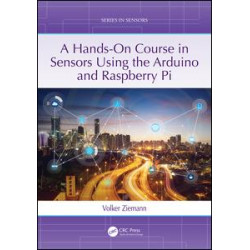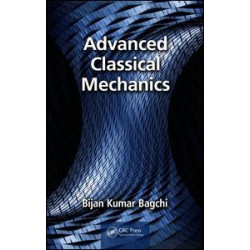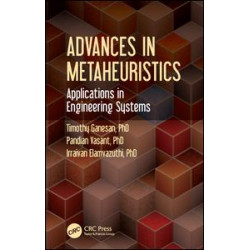
A smart civil structure integrates smart materials, sensors, actuators, signal processors, communication networks, power sources, diagonal strategies, control strategies, repair strategies, and life-cycle management strategies. It should function optimally and safely in its environment and maintain structural integrity during strong winds, severe earthquakes, and other extreme events.
This book extends from the fundamentals to the state-of-the-art. It covers the elements of smart civil structures, their integration, and their functions. The elements consist of smart materials, sensors, control devices, signal processors, and communication networks. Integration refers to multi-scale modelling and model updating, multi-type sensor placement, control theory, and collective placement of control devices and sensors. And the functions include structural health monitoring, structural vibration control, structural self-repairing, and structural energy harvesting, with emphasis on their synthesis to form truly smart civil structures. It suits civil engineering students, professionals, and researchers with its blend of principles and practice.

















